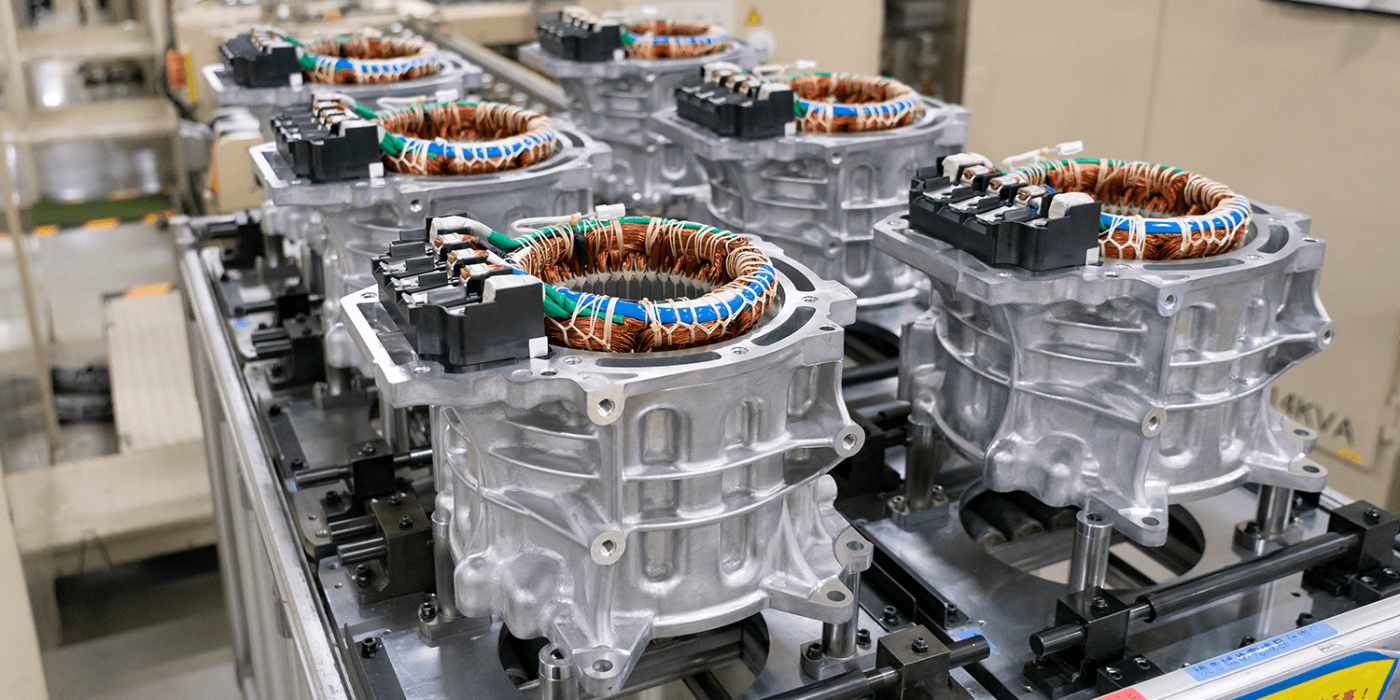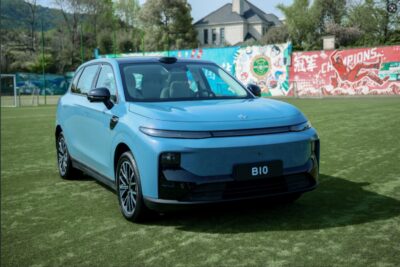China tightens regulations on rare earth materials
The State Council is an important management body in China, roughly comparable to the government cabinet. As such, its statements are highly relevant. Last year, China also introduced measures to protect and track exports of germanium and gallium, used widely in the chip-making sector.
The materials in question include praseodymium, neodymium, terbium and dysprosium, all of which are known for their magnetic properties. Neodymium, for example, is often used in permanent magnets to increase the density of the magnetic field – if such a permanent magnet is then used in an electric motor (a permanent magnet synchronous machine, PSM), the power density of the motor is increased. Rare earths are also used in generators (for wind turbines, for example).
An information system for traceability is to be set up for the four rare earths mentioned. Companies must use this system to report how many rare earths they mine, process or export. According to the announcement at the weekend, the product flows must be recorded “truthfully”.
China is the world’s most important source of these raw materials. As the German publication Handelsblatt notes, Germany currently imports 94 per cent of its rare earths from China. More than 60 per cent of global mining takes place in China, and the figure for processing is as high as 87 per cent. Reuters estimates that the EU demand is forecast to soar sixfold in the decade to 2030 and sevenfold by 2050.
China had already restricted exports of the battery material graphite last autumn. Export licences were prescribed for some “highly sensitive” types, all of which are aimed more at battery production. For other, less sensitive types of graphite (which are used in the steel industry, for example), export controls were lifted.
In the phase in which the negotiations surrounding the controversial electric vehicle tariffs with the EU are taking place, the move on rare earths is of particular importance. However, the export controls on battery-grade graphite were also already seen in this context: A few weeks before Beijing announced the measures, the EU had launched its anti-dumping investigation into electric car imports from China – in other words, the basis for the special tariffs announced in June.
reuters.com, handelsblatt.com (in German)





0 Comments